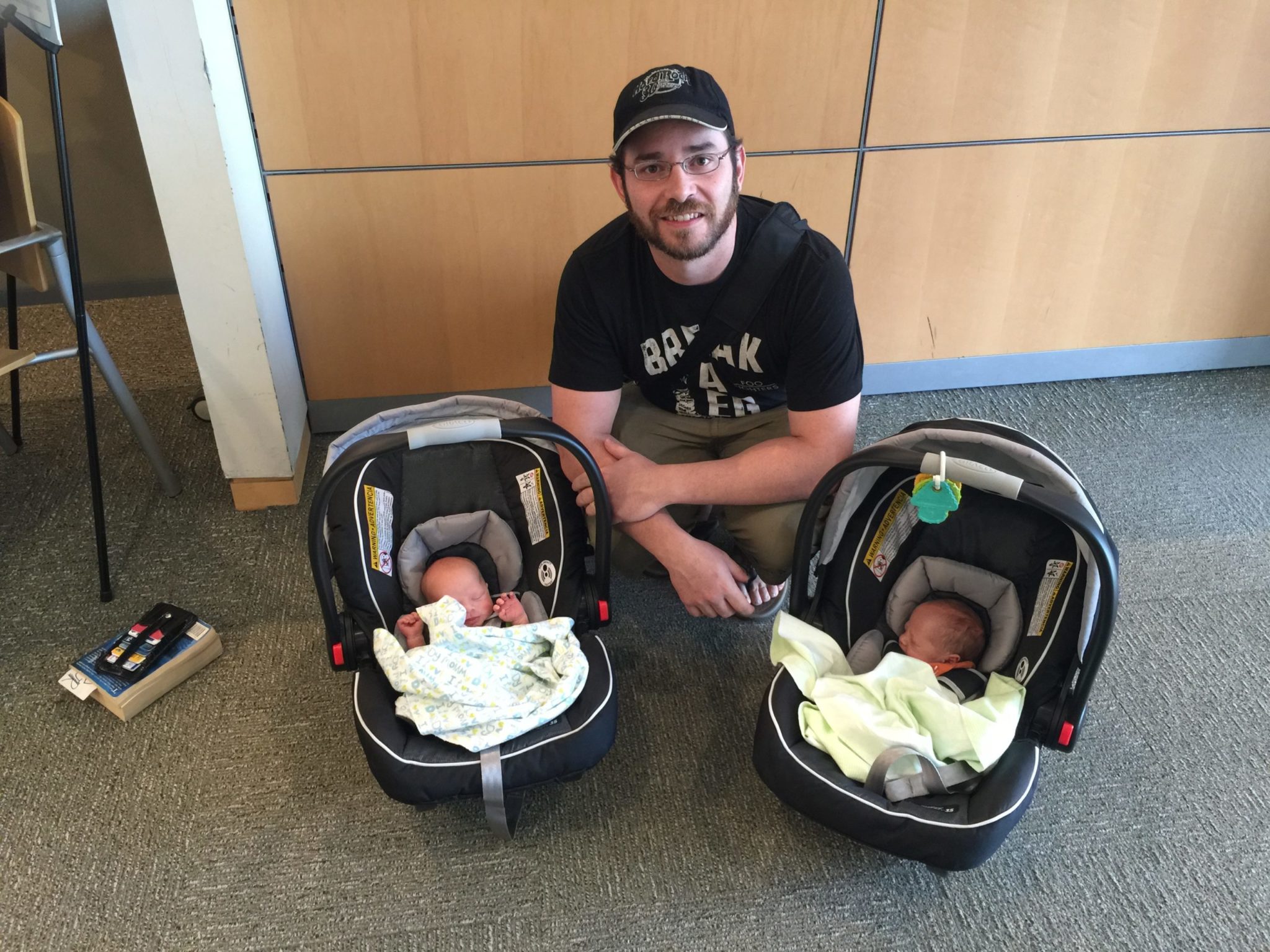
When our team first convened to consider the problems we might encounter as we began our ground-breaking research at MGH’s Vincent Obstetrics service, we wondered whether the fathers who accompanied their pregnant partners and wives to prenatal care visits would want to spend the time to complete our Father Survey. Would they rather be engaged with their smartphones? Would they prefer talking with their wives? Or even, would they prefer to sit and be free to daydream? After all, to participate they would need to ask their brains to be goal-oriented while considering how they feel about becoming a father. They may even need to entertain the idea that they are not confident in their abilities to father, and would appreciate groups, classes, talks, texts or emails with information about pregnancy, delivery, supporting their partners and wives, and caring for their babies post-natal.
I personally asked hundreds of fathers if they would take our survey and was greeted, 95% of the time, with smiles, nods and eager willingness. Many had seen our poster outside the entrance and cut me off saying, “Is this about the survey? I’ll do it”, saving me an explanation of who I was, what we were asking about and the mechanics of completion.
Amazing!
By the time we had completed our two-week gathering of data for our pilot study, over 400 expectant fathers had completed the survey. Our team was in awe of these men and their interest in greater participation with their partners’ and wives’ prenatal care and preparation for fathering an infant.
When one of the pregnant women joined her husband in the waiting area and asked about the conversation her husband and I were having, he said with a proud smile, “This is for Daddies.”
The message from these men is that they welcome the attention and the sense of greater inclusion in their partners’ and wives’ pregnancy, delivery, and the infant care that follows. In short, they were looking forward to fatherhood! We know from research the many benefits for children of positive father engagement, and that a father’s emotional connection to his child begins earlier if he attends prenatal appointments. For these reasons, prenatal care providers should actively encourage fathers’ participation in visits and seek to support fathers as positive parents and partners.[i]
One father stood out from the rest. He had come in on a Thursday and completed Part I of our survey before walking with his very pregnant wife from the waiting room to the exam room. After a few minutes, the door they had disappeared behind opened and he was now pushing his wheelchair-bound wife. “We’re off to the delivery room. Can’t complete the survey.” “Of course,” I said, “good luck.” I never expected to see them again.
Five days later, they reappeared. This time she was walking and he was carrying two babies in car seats—twins! He looked right at me and said, “I can complete your survey now.” I thought, “How can this be happening? Do you really want to complete the survey after what you have been through the last five days?” I did remember the couple, but I certainly didn’t expect a man carrying two babies while his wife achingly trailed behind to even remember the survey and certainly not to want to complete it. He sat down, both babies sleeping at his feet, routinely completed Part II, smiled and said “Thank you for your work.”
This man is remarkable for his commitment and degree of interest, but we are grateful to all the men who completed our survey, who recognized our efforts to ultimately increase the inclusion of fathers in prenatal care, who understand that we believe it is important for the obstetric staff to recognize that a baby is born into a family not only to a mother, and who, pending results, are willing to say they would benefit from skill-building classes and practical information about parenting and fathering. Bravo!
Thank you to the fathers who contributed their thoughts to our study. We look forward to publishing results in October.



